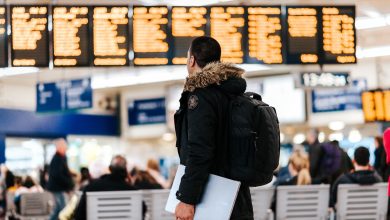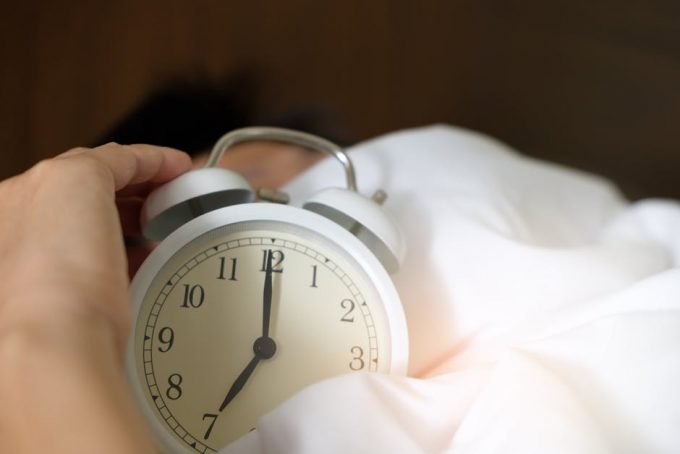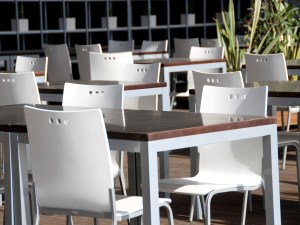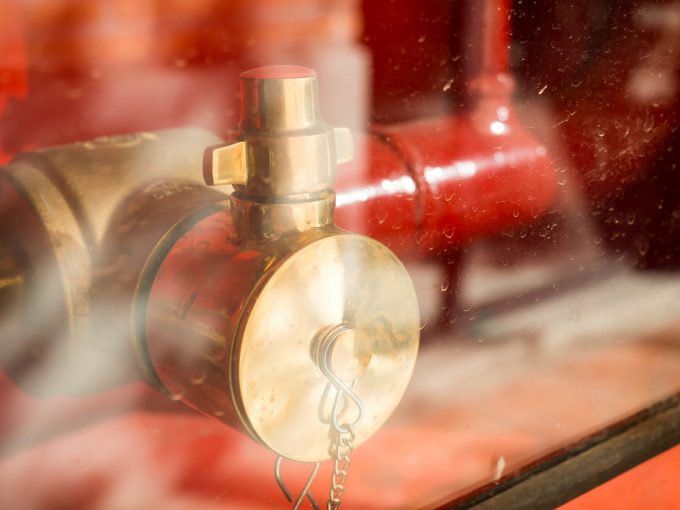Industry slams “weak” laws struck in “cosy deal”
A leading industry body has slated the NSW government’s new cap on Sydney short-term letting, saying it will cost regional jobs and compromise guest safety.
The Accommodation Association of Australia has labelled the plan a “cosy deal between Airbnb and the NSW Government for weak regulation of short-term letting”.
The state government announced the crackdown on Tuesday following intense lobbying by the accommodation industry urging members to consider the safety dangers, housing shortage issues and lack of fairness created through an unregulated short-let system.
The reforms introduce a 180-day cap on the number of days empty properties can be rented in Sydney, and give strata corporations the power to ban Airbnb in their buildings.
They include a two-strike policy through which hosts or guests who commit two serious breaches of the code within two years will be banned from using short-let platforms for five years and placed on an exclusion register.
Investment properties will only be able to host Airbnb-type lettings for 180 nights a year, and will give strata companies the power to ban the practice in their buildings.
But AAoA chair Richard Munro said the laws will allow ‘quasi-hotels’ to flourish in Sydney and place even greater pressure on housing affordability.
“This is a very disappointing outcome for the accommodation industry, particularly the way it seemingly thumbs its nose at operators of accommodation businesses in regional NSW,” he said.
“On the surface, it appears a cosy deal has been struck between the minister for innovation/better regulation and Airbnb, with little or no input from our members.
“The 180-day cap for short-term letting in greater Sydney is nowhere near enough to minimise the incidence of residential apartment blocks quietly becoming quasi-hotels – and the reality is any consumer who stays in such properties faces a much higher safety risk because of the lower standards which are in place.
“Of major concern to our industry is the jobs this dodgy deal will cost in regional areas as a result of there being virtually no cap on the amount of time short-term letting can take place outside greater Sydney.”
Better regulation minister Matt Kean described the reforms as the “toughest laws in world to crack down on bad behaviour” in the short-term letting industry.
“We’ve got the balance right between protecting people’s property rights, between recognising owner’s corporations have a role to play in the governance of strata schemes, and ensuring people who want to use these platforms like Airbnb are able to do so,” he said.
The new laws, which will be introduced in coming months, impose the cap on properties used for Airbnb-style letting in greater Sydney when hosts are not present, but there are no caps across the rest of the state. Councils outside of greater Sydney will have the power to impose their own caps, no lower than 180 days per year.
Tourism Accommodation Australia CEO Carol Giuseppi welcomed the crackdown, but said it did not go far enough.
“While the accommodation industry recognises the settings are a step in the right direction, and do provide strata controls, we believe the key to getting the settings more balanced is ensuring the mandatory Code of Conduct is properly enforced,” she said.
“We believe the key to actual implementation will be ensuring the Code is developed with stronger controls – beyond that of regulating bad behaviour.
“To protect both visitors and communities the proper insurances, fire and safety protections and security need to be put in place.”
The policy will be reviewed in 12 months.
The reforms also include changes to strata legislation to empower owner’s corporations to pass bylaws banning short-term letting in their buildings, but not on properties which are owner-occupied. Strata committees will not have the power to prevent owner-occupiers from renting rooms within their units.
As a compliance mechanism, Airbnb and other operators will be required to sign up to the code of conduct, and share their data with the NSW government.
The Department of Fair Trading will also be given new powers to police the online platforms and letting agents, and will use the data supplied by the platforms to assess complaints to determine whether a strike should be issued.
Companies which breach the code of conduct or the strikes policy will face significant financial penalties, including fines of up to $1.1 million for corporations and $220,000 for individuals.
Airbnb’s Chris Lehane hailed the reforms as a potential “world model” for the industry, describing them as “fair and balanced”.
However, rival holiday-rental platform HomeAway argued it could lead to a patchwork of regulation across the state. Director of corporate affairs, Eacham Curry,told Fairfax Media the government was seeking “to arbitrarily impose restrictions on the use of private property” and labelled the new strata powers a “retrograde step”.

AccomNews is not affiliated with any government agency, body or political party. We are an independently owned, family-operated magazine.








those complaining need to look at their product – what is it that guests who choose an Airbnb property are looking for – certainly not cookie cutter motel rooms – make each room unique – a bit of interior decorating – do some vale add with deals with close by attractions – and most of all – get a decent channel manager and get you property on Airbnb
Unfortunately our Govt is too weak to act properly even if it did understand the situation. So they’ll allow 50%
really ? Motels would love to have 180 days p.a.(50%) of non-compliance and non-payment of associated fees like the backyarders, saving us a fortune. And our weak Govt is going to rely on info provided by AirBnB which amounts to self regulation. Can’t see any progress there, all they’ve done is legalised 50% of non-compliance.
Unfortunately I have spent 15 years developing my boutique cottages at hundreds of thousands of dollars, years getting council approvals, road contribution, insurances the list goes on and on , I pay my taxes and employ locally .
To the point of millions and 30 years of heavy hard labour .
I have no super and a high mortgage, every cent is tied up in my business, we are not all hotel rooms and for those of us who have done the right thing by law, cannot compete with those who have not.
I think the best idea is to get rid of all the planning departments and not bother with permits, or insurances or high road contributions . We can just do what ever we want and not worry about anyone else.
As Airbnb rooms, homes and apartments that are not approved and have very little cost involved, do not pay tax and do not employ, let’s all get on the bandwagon, after all if it good enough for so many hundreds of thousands of homes and apartments, it’s must be good enough for everyone.
Level playing field and all that. I am a registered business and am on Airbnb and I am constantly getting emails saying that I am too expensive that there are other rooms cheaper and that I should lower my prices.
But that is not true as I am a unique business and there is no one else in Qld that has anything at all similar to what I have built.
I make very little money and have always kept my prices as low as possible so everyone had the chance at a holiday. Before Airbnb there was 8 registered businesses now there is over 300+ and growing, unregistered in my small area.
I think I will go and build a 20 story tower in my paddock, I’m sure I won’t need plans for that either or council or governments and at least there will be plenty of permanent rentals as is is now impossible to find a rental and they are through the roof. My dreams getting blown out of the water, oh well another small business bites the dust, thanks again to another unregulated multinational company, that takes all its profits overseas and doesn’t pay there fair share of taxes to Australia.
I totally agree with Linda and Tony. Having run registered accommodation businesses for many years and paid all the associated taxes and permits I find it hard to understand how the Govt. can still charge the registered businesses taxes etc and exempt air b& b operators from these charges and permits.
It is a very unfair playing field and the lack of permits such as food licenses, fire ratings by Councils and insurances etc, are bringing the standard of accommodation down and putting guests at risk.
Airbnb operators who let out rooms in their houses do not all rely on this income as their primary source of income and often have additional income from their primary source of income wages etc. on top of their airbnb income.
Registered accommodation businesses who have been running their business as their primary source of income for many years are often now in a position of having to sell their property as they are unable to compete against the lower rates charged by airbnb operators who are able to charge a lower rate as they don’t have the rates and charges payable that the registered businesses are required to pay.
The standard of accommodation is being lowered as Councils no longer take the time to see what properties are being used on airbnb without a permit resulting in garages and apple sheds being used for accommodation.
Where will the airbnb scenario end? Perhaps there will be so many accommodation properties available and not enough demand for them and whether you are a licensed accommodation provided or an airbnb operator no one will earn enough from their property to make running accommodation viable. The only winners here will be airbnb itself who is taking over the industry, causing long running small businesses to close, causing loss of rental properties being available and the small number of rental properties now available are being let at exuberant prices out of range for a person on the basic wage.